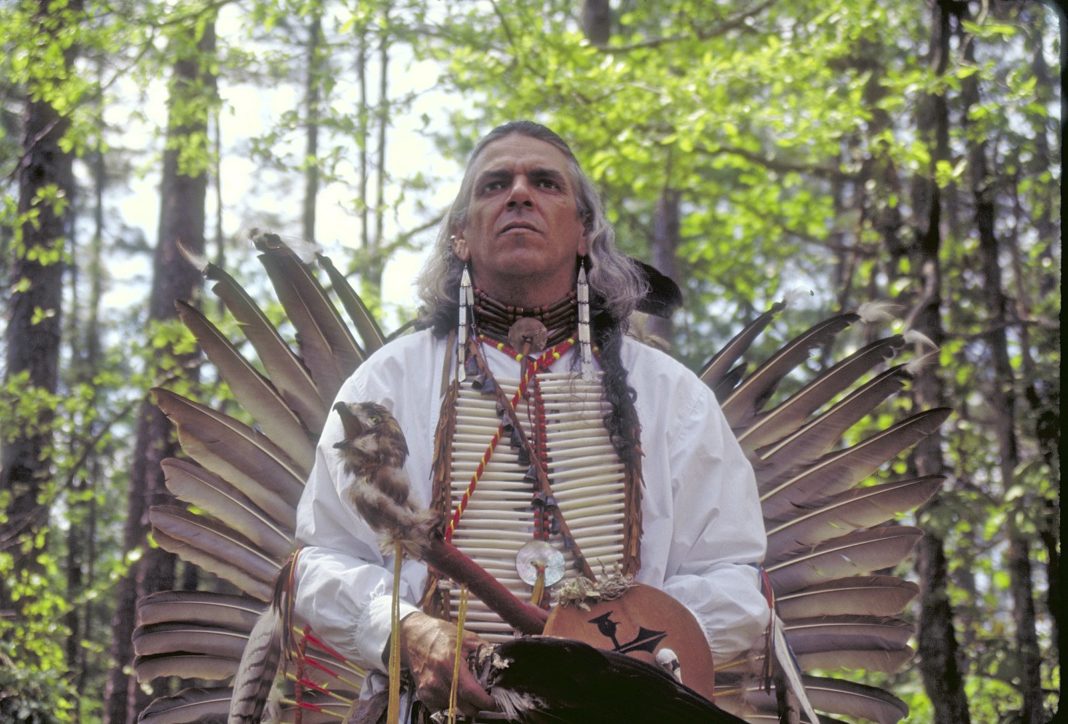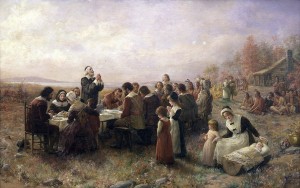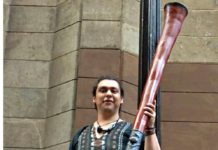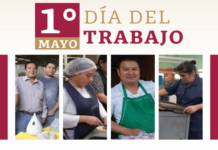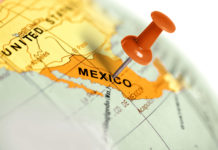Thanksgiving Presents an Opportunity to Teach about Native Americans
By: Patricia Ann Talley, Editor
Thanksgiving is only celebrated in The United States (November) and Canada (October); it is not a holiday in Mexico. But, since Mexico receives so many tourists from the north, some hotels and restaurants prepare for the occasion. Since Mexicans typically know little about the holiday, I have often been asked to explain the meaning of the Thanksgiving celebration.
The Traditional Story
Up north, there is the traditional story of how the Pilgrims came to America from Europe to seek religious freedom and they were helped by the Indians to grow food to survive. After the first harvest, they killed a turkey and had a great feast to give thanks to God, who had given them the foreign land as their manifest destiny.
But, remember. . . History is always written from the perspective of the victor or dominant culture.
That lesson really hit home to me years ago, when I was working as a language and culture instructor for the hotels in Ixtapa Zihuatanejo, and a concierge in one of my classes asked me to edit the story of Thanksgiving that she had written to put on her desk during for her foreign guests. She was so proud! “I researched it and wrote it all by myself! But, please check my English, Maestra.”
Later that evening, as I sat by the pool – Hey! In Ixtapa Zihuatanejo, it is about 86˚ F during November! – I sat back to edit the concierge’s Thanksgiving Day story. Well, it was written a little differently! It went something like this. . .
“Thanksgiving is a religious holiday for Americans in the north to celebrate when the conquistadors first came to our lands. The conquistadors knew nothing about our land and did not know how to even grow food. Our people accepted them, taught them, and helped them to survive. They had a big festival to celebrate. This was before the conquistadors took their land.”
Well. . . Surprised me! I thought about it for a few minutes and then marked her paper. “The English is fine!”
A Lesson in “Decolonizing” History
I tell this story often because it was one of my first lessons in “decolonizing” history so that it is not told just from the perspective of the European “conquistadors”, but includes the indigenous and African cultures that are also part of the Americas.

